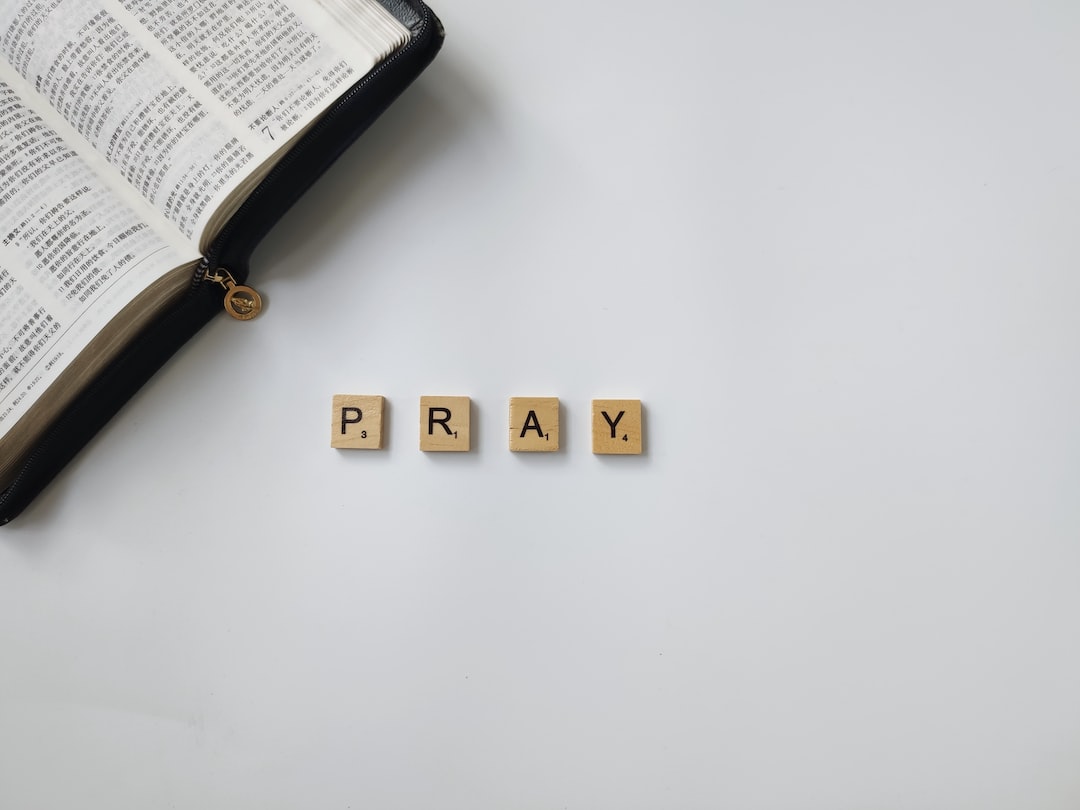The Significance of Rituals in Religious Practices
Religion has been a fundamental aspect of human culture and existence since time immemorial. It serves as a guide to moral principles, ethics, and establishes a relationship between humans and the divine. Central to most religious practices are rituals – ceremonial acts that symbolize and communicate religious beliefs, values, and traditions. These rituals hold immense significance in religious communities, shaping their identity and fostering a sense of belonging. In this blog post, we will explore the significance of rituals in religious practices.
Rituals are a means to express devotion and strengthen faith. Through the performance of rituals, followers of a particular religion demonstrate their dedication and commitment to their belief system. These acts reinforce their sense of belonging and connection to the divine. For example, in Christianity, the sacrament of baptism symbolizes the purification and initiation of individuals into the Christian faith, emphasizing their commitment to follow the teachings of Jesus Christ. Similarly, in Islam, the daily practice of Salah (prayer) serves as an act of submission to Allah and reaffirms one’s faith.
Moreover, rituals provide a sense of continuity and tradition within religious communities. They serve as a link connecting generations and allowing them to experience the same spiritual practices. This aspect of rituals helps preserve cultural and religious heritage, ensuring that religious beliefs and practices withstand the test of time. The Passover Seder meal, observed by Jews, is one such ritual that has been practiced for thousands of years. It commemorates the liberation of the Israelites from slavery in Egypt and fosters a sense of collective identity among Jewish communities around the world, reinforcing their shared history and values.
Rituals also play a crucial role in facilitating communal bonds and social cohesion. The act of coming together to perform rituals creates a sense of unity and shared purpose among religious followers. By participating in these events, individuals strengthen their relationships with fellow believers, fostering a sense of community and support. The pilgrimage to Mecca, known as Hajj, is a significant ritual in Islam that brings millions of Muslims together from all corners of the globe. The shared experience of performing the same rituals at the same time allows for the formation of deep connections and a sense of shared purpose among Muslims.
In addition to their social aspect, rituals offer a sense of comfort and solace to individuals in times of crisis or uncertainty. They provide a structured framework for coping with life’s challenges and help find meaning and purpose in difficult circumstances. In times of grief, rituals such as funerals and mourning rituals provide a sense of closure, allowing individuals to navigate the complex emotions associated with death. By following established traditions, rituals provide a sense of continuity and guidance, giving solace to those mourning the loss of a loved one.
Furthermore, rituals bring the abstract concepts and teachings of religion into tangible experiences. They provide a means for individuals to engage with and physically manifest their religious beliefs. Through rituals, religious ideas and values are made concrete and accessible, allowing for a deeper understanding and appreciation of the faith. For example, the Hindu ritual of Aarti involves the offering of lighted lamps to deities during worship. This act of offering light symbolizes the removal of darkness and ignorance, representing the devotee’s desire for spiritual enlightenment and the acquisition of knowledge.
Lastly, rituals serve as a reminder of the sacredness and transcendence of everyday life. In the repetitive actions and symbolic gestures of religious rituals, individuals are reminded of the divine presence in their lives and the interconnectedness of everything. This awareness fosters a sense of mindfulness and gratitude, enabling individuals to appreciate the beauty and significance of the present moment. By experiencing the sacred through rituals, individuals are encouraged to live in harmony with their surroundings and strive for a deeper spiritual connection.
In conclusion, rituals hold immense significance in religious practices. They serve as a means to express devotion, strengthen faith, and connect individuals to the divine. Rituals preserve cultural and religious heritage, foster communal bonds, and offer comfort and solace in times of crisis. They bring abstract religious concepts into tangible experiences and remind individuals of the sacredness of everyday life. As an integral part of religious practices, rituals play a vital role in shaping the identity and spirituality of religious communities.

